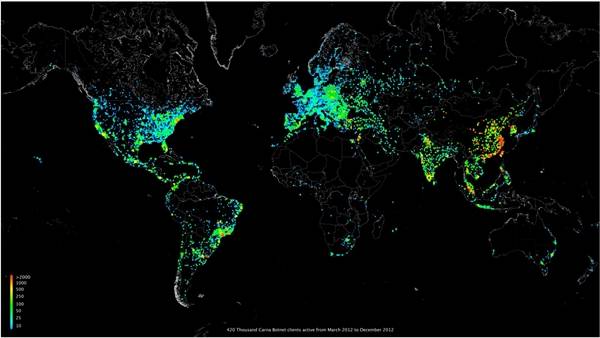Apple front man Tim Cook, has admitted the possibility of the apple iwatch in our possible tech future as early as 2014. This device would be made of Corning Willow Glass,which is highly durable and flexible and is capable of running a digital display with Apple's current IOS. This sleek watch is rumored to have Wi-Fi connectivity in later models and may even replace your iphone. Cook also states that the iwatch would be a great response to the slightly awkward Google Glass. I could see myself in either. I would wear my iwatch and pretend I'm Dick Tracy, who's been captured and assimilated by the Borg with my Google Glass. But that's just me walking around everyday.
Next Generation Gaming Graphics
Even if you aren't a fan of games you have to see the new features being developed for the upcoming "Call of Duty - Ghosts" that's powered by a new innovative game engine. Using this new game engine technology, the mad scientists at Tesco have created a level of realism within the game that is near indiscernible from reality. As I said, this is not simply cool for gaming but for the future of all our high tech toys as this technology integrates into our laptops and iphones. This giant leap in screen resolution and graphics promises to draw us one step closer to that virtual reality we have been dreaming about since we got a glimpse of the Star Trek holodeck!
Virtual Organ Transplants
The Wake Forest Institute for Regenerative Medicine has created a working human kidney with the aid of a 3D printer. A 3D printer that uses cells rather than ink can actually build a working human kidney from scratch. Scientist admit they are years away from actually testing the working kidney in humans but have already successfully implanted an engineered bladder into a human patient. The same technology has already implanted regenerated tissue onto surface skin wounds and even has been used to replace degenerative bone tissue.
We focus on these three main advancements because they aren't simply our possible future, they are in developmental stages right now. We will see these innovations in our tech devices and on operating tables within the next year. What makes these three advances so important is their capability to greatly increase the power and efficiency of everything we are currently using. From these three innovations in technology further advancements will be possible in other areas of research and design that will shape our foreseeable future.
Sources:
Previously Posted on FullofKnowlege.com




